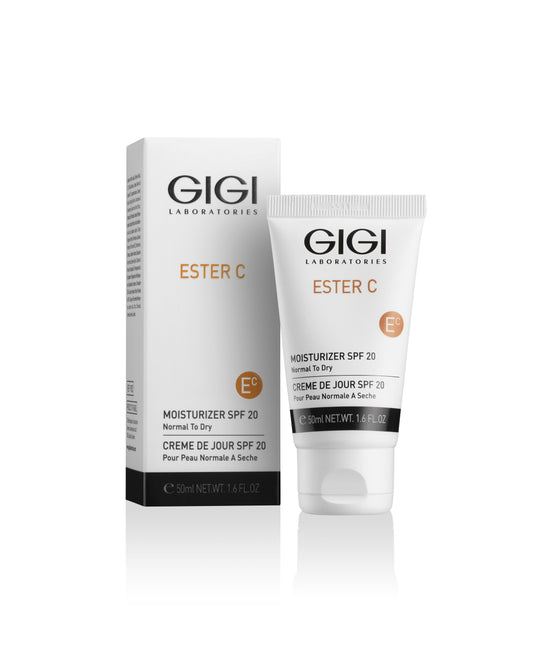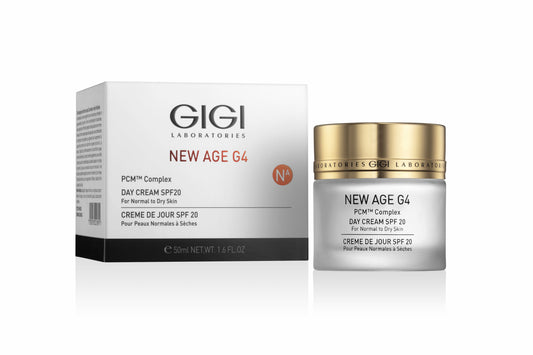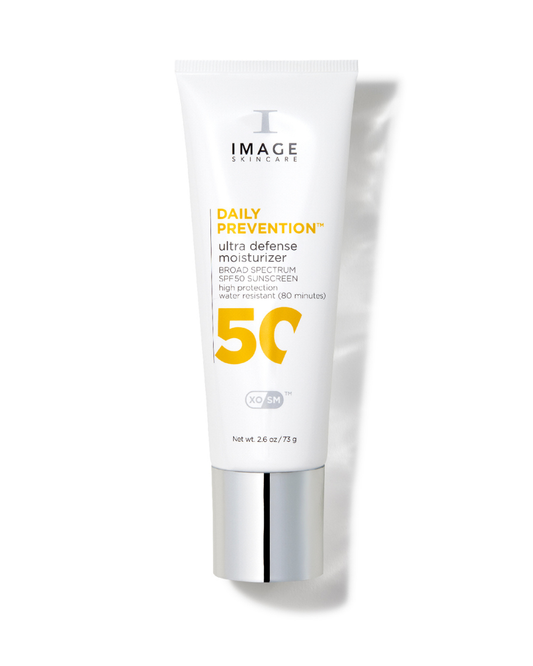
Why Sunscreen is More Than Just a Summer Trend: Myths and Facts About SPF
Share
Have you ever thought that sunscreen is only important at the beach and unnecessary in the city? Or maybe you’ve heard that you should apply it at night too? You’re not alone! Sunscreens are surrounded by many myths that lead people to ignore this simple yet most effective method of preserving youthful skin. Let’s clear up what’s really true and when you should actually use SPF – and how to choose the perfect product for your skin.
Myths about Sunscreen: What's Actually True?
There are many misconceptions surrounding sunscreens, making it harder to choose and apply them properly. Here are some of the most common myths:


Why is Sunscreen so Important?
Ultraviolet radiation is the main factor behind premature skin aging, pigmentation disorders, and even skin cancer. Sunscreens protect your skin from the harmful effects of the sun by:
- Preventing premature aging (wrinkles, dryness, loss of elasticity);
- Reducing the risk of pigmentation spots and hyperpigmentation;
- Protecting reactive and inflammatory skin types, since too much UV radiation can worsen inflammation;
- Shielding skin cell DNA from mutations that can increase the risk of skin cancer.
The Benefits of the Sun: Do We Always Need Shade?
Although the sun carries risks, a moderate amount of sunlight is beneficial for our health. Here are the key advantages:
Synthesis of Vitamin D, which is essential for strong bones, a functioning immune system, and overall health.
When Should You Apply Sunscreen?
Sunscreen should always be applied when the UV index is above 2. You can easily check this in the weather app on your smartphone.
How to Choose the Right SPF (Sun Protection Factor)?
SPF (Sun Protection Factor) indicates how much longer you can stay in the sun without getting sunburned compared to unprotected skin. Here are the differences:
- SPF 25 blocks about 96% of UVB rays.
- SPF 40 blocks about 97.5% of UVB rays.
- SPF 50 blocks about 98% of UVB rays.

Can Sunscreens Also Be Nourishing?
Yes, many modern sunscreens offer not only UV protection but also nourishing and moisturizing properties. Good sunscreens often contain antioxidants and soothing ingredients that help the skin regenerate and protect it from damage.
Conclusion: Sunscreen is a Must for Healthy Skin!
Sunscreen is not just a temporary trend but a necessity for the health and youthfulness of your skin. Regular use of SPF helps reduce the risk of pigmentation spots, premature aging, and even skin cancer. While sunlight has positive effects too, it’s all about the right balance. Make sure to choose the right sunscreen for your skin type and conditions, and remember that good skincare also means using the best products!
Discover the best sunscreens at YuliSkin.













